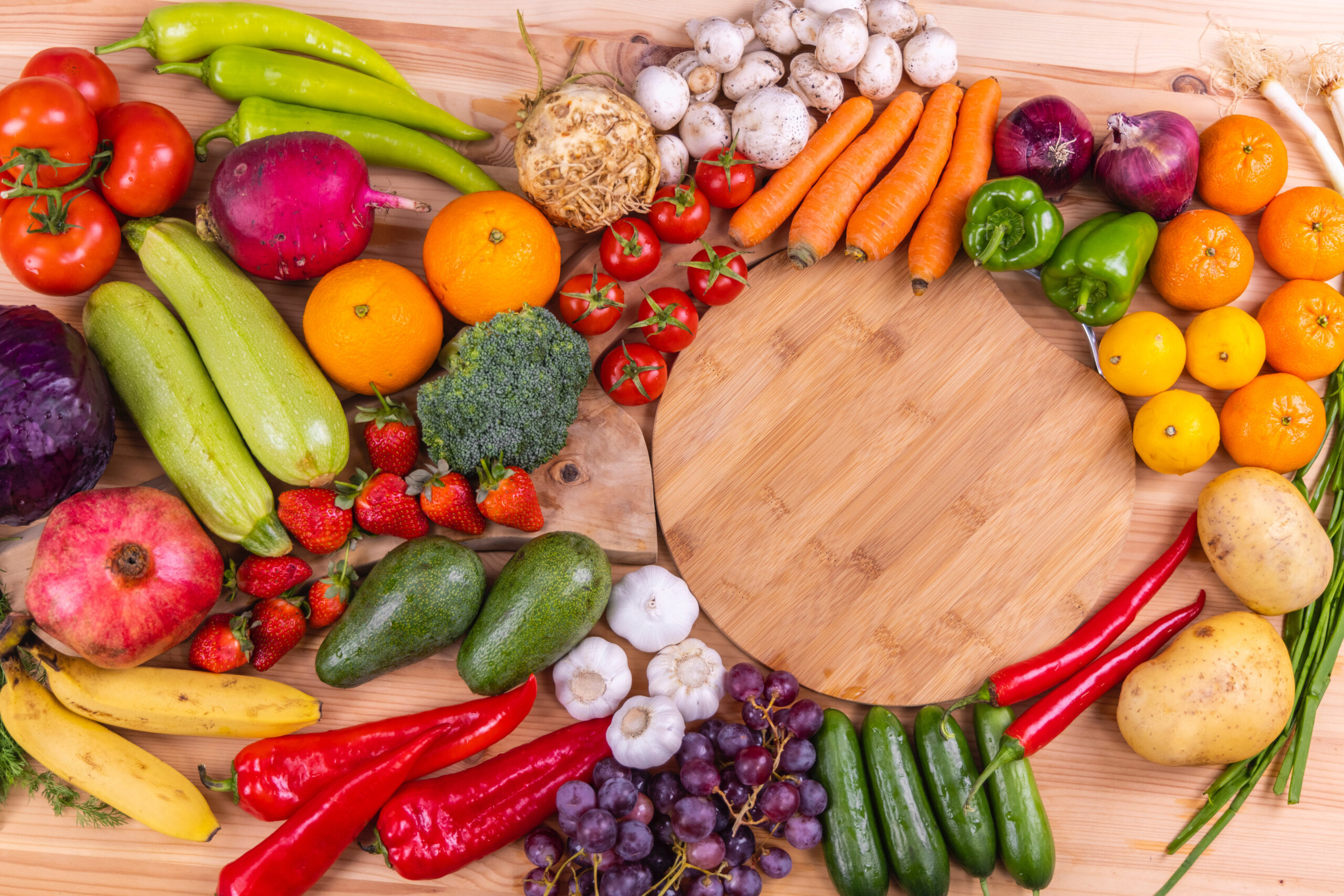As someone who loves to cook, I don’t know about you, but I always find it inspiring to learn about what goes into our food. A good chef will tell you that there’s no substitute for fresh ingredients, but did you know that there are also some vitamins your body needs every day? In fact, these vitamins are so important that if we didn’t eat the right foods or take supplements every day then we could become sick (and sometimes even die). We’ve put together this list of some of the most important vitamins you need each day and how they can help keep your body healthy:
Vitamin A
Vitamin A is an essential nutrient that helps maintain healthy vision and skin. It also supports the immune system, especially during times of illness or stress.
- A deficiency in vitamin A can lead to night blindness, dry eyes, dry skin and increased risk for infections.
- The recommended daily intake (RDI) for adults is 900 micrograms per day; however some studies suggest that higher doses may be beneficial for reducing the risk of cataracts or age-related macular degeneration (AMD).
Vitamin B1
Vitamin B1 is also known as thiamine. It’s an essential nutrient that helps your body convert carbohydrates into energy and is important for brain function. Foods high in vitamin B1 include whole grains, legumes, nuts and seeds.
Vitamin B1 is water-soluble so you don’t need to worry about taking too much of this vitamin or storing it in your body like fat-soluble vitamins A & D do.
Vitamin B2
Vitamin B2 is also known as riboflavin and is found in foods such as eggs, milk, meat, fish and leafy green vegetables. Vitamin B2 helps the body convert food into energy.
The recommended daily intake of vitamin B2 for adults is 1.3 milligrams per day (mg).
Vitamin B3 (Niacin)
Vitamin B3, also known as niacin, is a water-soluble vitamin that’s essential for your body to function. It helps your body use fats and proteins, and it helps form red blood cells. You can find vitamin B3 in foods like fish (like tuna), chicken breast and turkey breast. Some breakfast cereals are also fortified with niacin to help you get enough of this nutrient each day.
Vitamin B6 (Pyridoxine): Vitamin B6 plays an important role in maintaining a healthy nervous system by helping nerve cells communicate with each other properly through chemical reactions called neurotransmitters.* It also helps maintain proper muscle function by aiding protein metabolism.* In addition to being present in many fruits and vegetables such as bananas and spinach; dairy products are another good source of vitamin B6 since they contain casein which is naturally high in this nutrient.* If you’re interested in learning more about how much Vitamin B6 should be included within one’s diet then check out our article titled “What Foods Contain Vitamin B6?”
Vitamin B5 (Pantothenic Acid)
Vitamin B5 (pantothenic acid) is an essential vitamin that helps the body metabolize fats, carbohydrates and proteins. It also supports healthy skin and hair by aiding in the production of collagen.
Vitamin B5 is found in meat, eggs, liver and leafy green vegetables like spinach or kale. It’s often prescribed to treat depression; irritability; fatigue associated with stress; insomnia caused by emotional problems such as grief or anxiety; nervousness or mental exhaustion from overwork (not enough sleep).
Vitamin B6 (Pyridoxine)
Vitamin B6 is needed for the body to make serotonin and norepinephrine, which are neurotransmitters. The body cannot make vitamin B6; it must be obtained from food sources. Food sources of vitamin B6 include fish (salmon), chicken and beef or pork.
Folate or Folic Acid (Vitamin B9)
Folate, or folic acid, is the synthetic form of vitamin B9. It’s found in dark green leafy vegetables, liver and legumes (such as beans). Folate plays a role in cell division and the formation of new cells. It’s also essential during pregnancy because it helps prevent birth defects such as spina bifida in babies born to women who don’t get enough folate during pregnancy.
Cobalamin or Vitamin B12 (Cyanocobalamin)
Vitamin B12 is important for healthy red blood cells, the brain, nervous system and DNA. It’s found in meat, fish and eggs.
Because it’s not found in plant foods (except algae), vegans must rely on fortified foods or supplements to get enough vitamin B12. If you’re following a vegan diet or have been diagnosed with anemia due to not getting enough B12 from your diet, talk to your doctor about taking a supplement daily until the problem is resolved.
Eat foods that contain vitamins A through E to keep your body healthy.
- Vitamins A, B1, B2, B3, B5, B6 and B12 are important for your health.
- Vitamin C helps keep your body healthy. It also helps wounds heal faster and protects against colds or the flu.
- Vitamin D is needed to keep bones strong and healthy. It also plays a role in muscle function because it allows calcium to be absorbed into the body from food sources such as milk products or calcium-fortified foods like cereal (check the label!)
There are many different types of vitamins, but the ones we’ve covered here are some of the most important. They can be found in many foods and are essential for good health. Eating a balanced diet will give your body all the nutrients it needs for optimal function as well as growth and development during childhood years.
Want to reach your fitness goals?
FitWorld provides a free to use online fitness journal. Record your cardio, strength and flexibility training and smash those fitness tragets!
Sign up now
